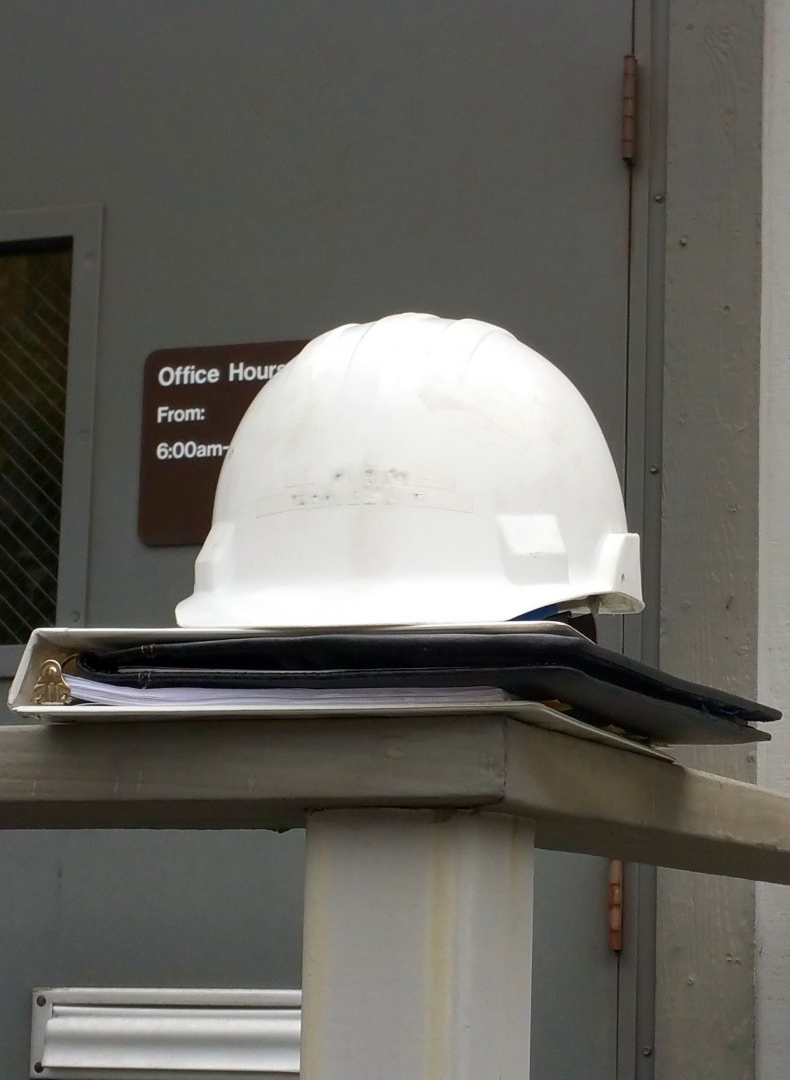In the intricate world of realty and construction, precision is crucial. Surveying services are the backbone of any successful project, offering insight and confidence in the often-complicated relationship between property and property ownership. Whether you are a buyer considering a new purchase, a property developer embarking on a large-scale project, or a contractor preparing for building, the insights provided by experienced surveyors can provide accuracy and reduce risks.
From boundary disputes to site preparation, the role of surveying services extends far beyond straightforward measurements. Understanding the multiple types of property surveys and what to look for during the survey process can empower individuals and companies similarly to make informed decisions. This article delves into the essential aspects of land surveying, highlighting the key reasons to hire a professional surveyor, the value of precise surveys in land development, and how advancements in technology is transforming the industry. Join us as we discuss how surveying is not just a necessity, but a fundamental instrument for ensuring prosperity in your real estate endeavors.
Main Benefits to Engage a Certified Surveyor
Hiring a qualified surveyor is vital for guaranteeing the precision and validity of property measurements. One of the primary motives to engage a surveyor is their specialization in establishing land boundaries. This is especially important in preventing disputes with adjacent owners and ensuring that your property lines are clearly defined and legally validated. Certified surveyors are educated to interpret legal descriptions and employ advanced tools, securing that your land is correctly charted.
Another important justification to employ a qualified surveyor is their capability to assist with various land transactions and development projects. Surveyors provide essential information that guides decisions about property purchases, construction, and land use compliance. They can help developers in grasping site constraints, easements, and vacant parcels, which ultimately leads to successful project planning and execution. Their expertise help mitigate risks associated with land use, making them essential partners in any development project.
Lastly, qualified surveyors utilize advanced technology, such as Global Positioning System and unmanned aerial vehicles, to enhance the precision and effectiveness of their work. This tech advancement not only speeds up the surveying process but also improves the precision of the data obtained. By utilizing these high-tech tools, surveyors can deliver detailed topographic and boundary surveys, which are crucial for any construction or land development project. Website link in employing these technologies ensures that clients get the highest level of survey services, ultimately conserving time and resources.
Key Types of Land Surveys
Numerous crucial forms of land surveys that occupy a vital role in defining property limits and land features. Property boundary surveys are vital for determining the accurate lines that divide one property from the next. Such a survey is often necessary when a property owner needs to ensure that their boundaries are clearly defined, particularly prior to the construction of fences or buildings. Precise boundary surveys can help stopping disputes with neighbors and offer legal protection for property rights.
Topographic land surveys deliver detailed data about the elevation and contours of a piece of land. Such surveys tend to be particularly important for construction projects, as they help architects and engineers understand the natural characteristics of the terrain. By mapping the slope, drainage, and additional land characteristics, topographic surveys play a important function in site planning, grading, and landscaping. Developers frequently depend on these surveys to create designs which coordinate with the landscape and adhere to zoning regulations.
Yet another important type of survey includes the ALTA/NSPS survey, that is often required for commercial real estate transactions. This comprehensive survey integrates boundary, topographic, and utility information, adhering to the standards set by the American Land Title Association and the National Society of Professional Surveyors. ALTA/NSPS surveys provide extensive details regarding property boundaries, easements, and zoning, guaranteeing that buyers obtain a complete understanding of that which they are buying and helping to reduce potential legal issues.
The Role of Site Surveying in Real Estate and Construction
Site surveying plays a critical role in real estate and development by providing precise data and information necessary for design and building. A land survey outlines land boundaries, identifies access rights, and uncovers any possible overlapping. This basic data is important not just for upcoming developments, but also for property owners looking to purchase or sell property. By having a thorough understanding of property lines and dimensions, contractors can prevent costly disputes and confirm that initiatives adhere to legal standards.
Additionally, land surveying services are necessary in the preliminary stages of developing. Professionals utilize different types of land surveys, such as contour surveys and property boundary surveys, which inform designers and architects about site conditions. This data helps in the design of buildings and facilities, ensuring that projects are both viable and compliant with local regulations. Precise surveys also aid in identifying potential effects on the environment, which can influence the construction timeline.
As advancements continues to evolve, so does the importance of site surveying in real estate development. New technologies such as GPS and drone technology have boosted the accuracy and efficiency of land surveys, allowing for real-time data collection and analysis. This advancement not only simplifies the land survey process but also ensures that all facets of property development is informed by trustworthy information. Ultimately, the role of surveying is essential to creating sustainable and legally compliant developments that serve both builders and the community.

